Category: Classical Tradition
-
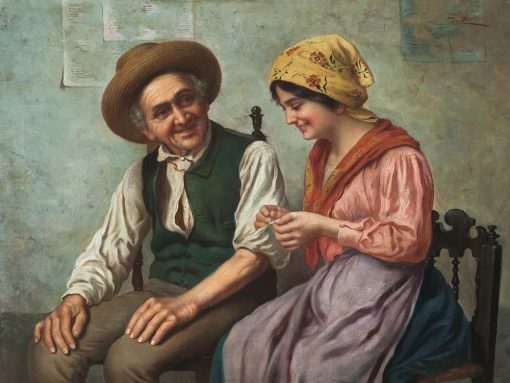
Practicing Happiness: Ancient Wisdom for Our Modern World
The pursuit of happiness is one of three rights originally drafted by Thomas Jefferson in the “Declaration of Independence.” These “unalienable rights” are “life, liberty and the pursuit of happiness.” It is an odd turn of phrase, but one that has a profound backdrop to it, one which we have perhaps lost today. It is…
-

Counsels of the Wise, Part 5: Principles and Practice, Examples and Discipline
In the last article we discussed “good instruction” as a preliminary or a forerunner to prudence. While the development of prudence itself must be confirmed through experience, since it requires familiarity with all the particulars of life, it can and must be fostered in the young through implanting the right principles. A great part of…
-

The Classical Notion of Self-Education for Today
In her lecture at Oxford in 1947, Dorothy Sayers remarked, “Is it not the great defect of our education today, a defect traceable through all the disquieting symptoms of trouble that I have mentioned, that although we often succeed in teaching our pupils ‘subjects,’ we fail lamentably on the whole in teaching them how to…
-
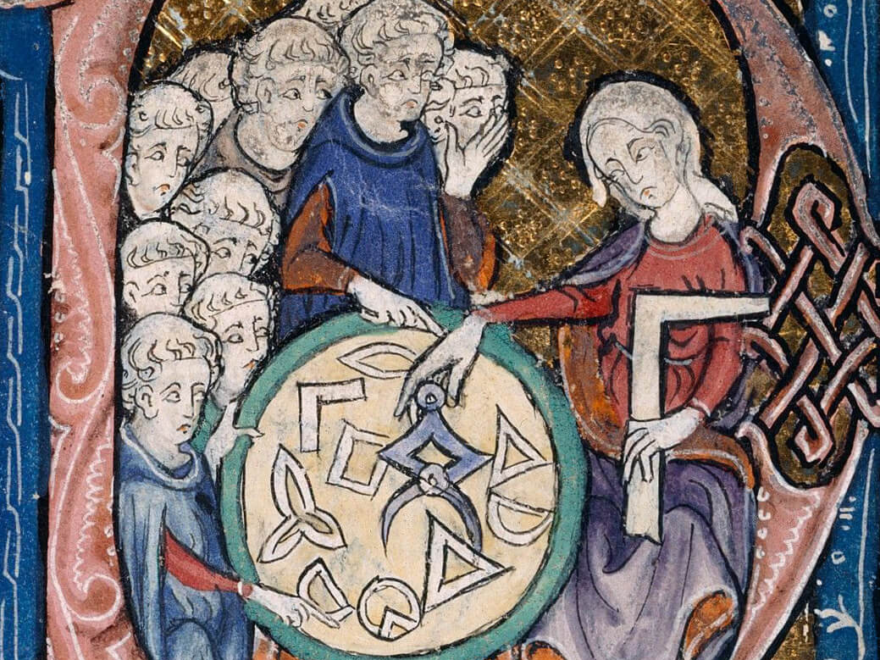
Learning to Wonder: A Deep Dive into the World of Geometric Thinking
The painting of Saint John the Baptist by Leonardo da Vinci seems to be one of his final paintings. Leonardo depicts John the Baptist with a similar enigmatic smile as the famous Mona Lisa. Yet, there is no background and the hues are dark enough that the viewer struggles to identify the Baptist’s garments. Leonardo…
-
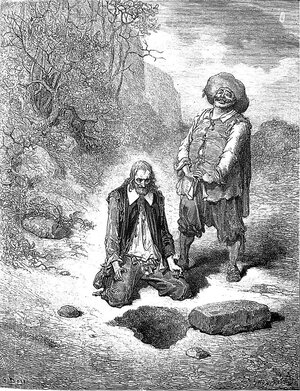
Virtue Formation and Rightly Ordered Loves
The cultivation of virtue is unarguably a core objective in the classical vision for education. In contrast to knowledge acquisition or skills mastery, growing virtue in our students is about strengthening their internal moral structure. It is fundamentally a project of formation, changing a person for the good in pursuit of it. Interestingly, Augustine of…
-
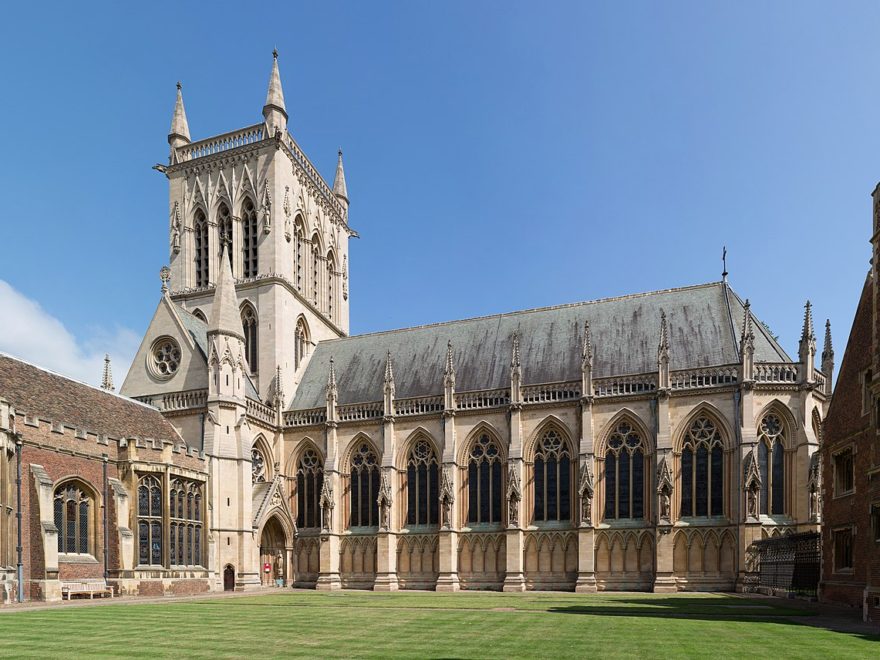
Counsels of the Wise, Part 3: The Practical Nature of Prudence
In this series we are recovering several lost goals of education by exploring Aristotle’s intellectual virtues as replacement learning objectives for Bloom’s taxonomy. Prudence or practical wisdom (phronesis) is one such lost goal, which is endorsed by the biblical book of Proverbs and the New Testament, even if Aristotle’s exact terminology is not adhered to.…
-
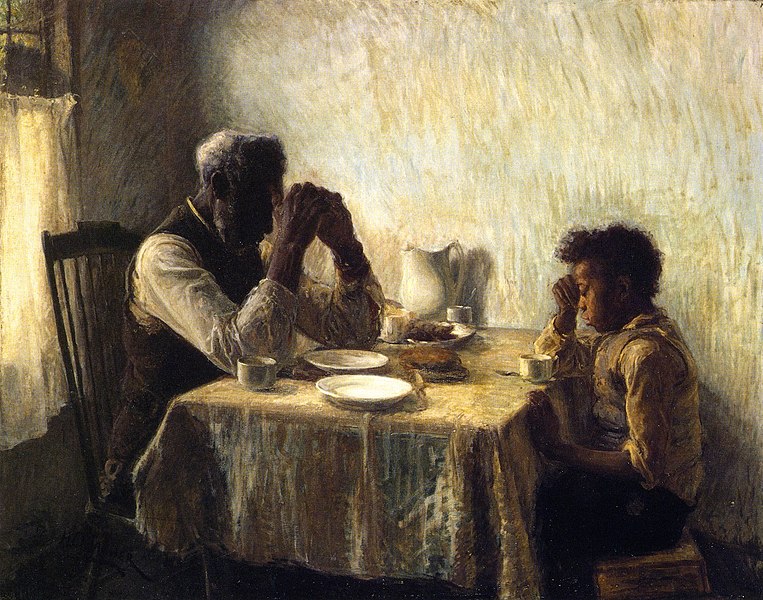
Learning Gratitude: A Pathway to a Good Life
Among the greatest characters created by Tolkien in The Lord of the Rings is the noble prince Faramir. He is the younger brother of the fallen Boromir and is characterized by wisdom and judgment. When we first meet Faramir in the forests of Ithilien, he chances upon the hobbits Frodo and Sam who have already…
-
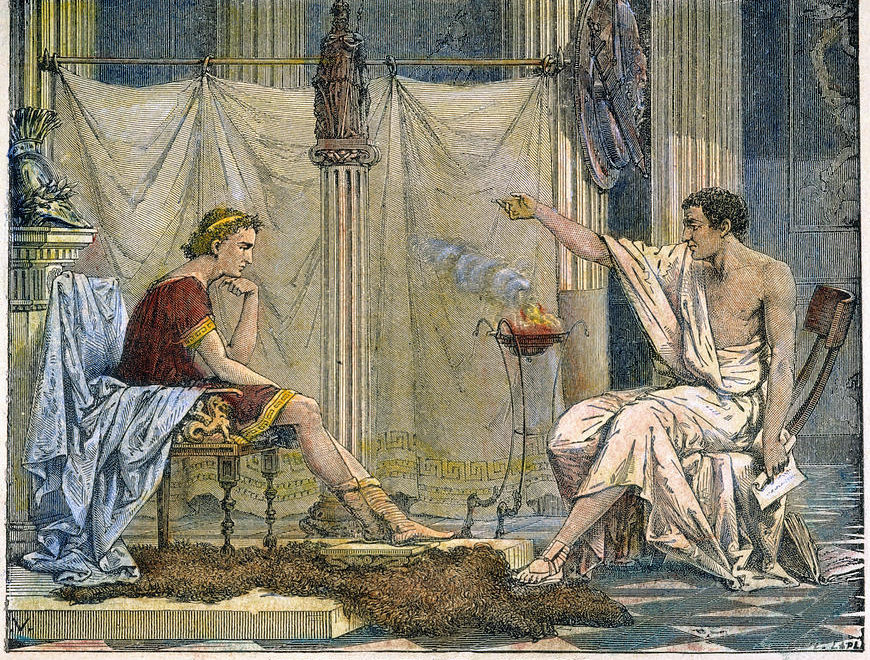
The Counsels of the Wise, Part 2: Why Reviving Moral Philosophy Is Not Enough
In The Liberal Arts Tradition: A Philosophy of Christian Classical Education (Version 2.0, Revised Edition), Kevin Clark and Ravi Jain argue for a recovery of the tradition of moral philosophy against the reductionism of the modern social sciences. Their account of the intellectual history that led to the replacement of this classical and Christian paradigm…
-
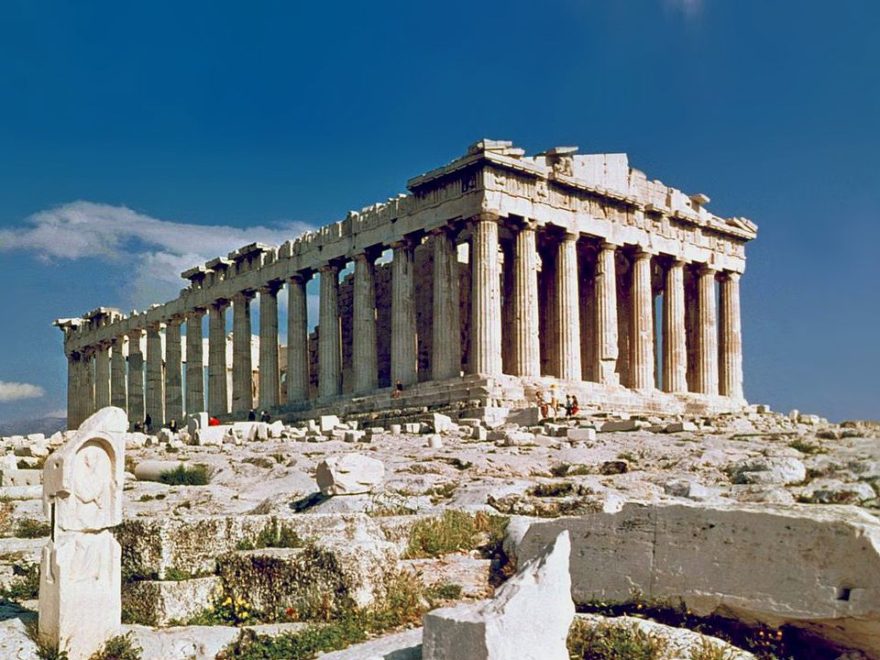
C.S. Lewis and Two Types of Education
Our educational renewal movement champions a return to the life-giving role great books play in forming lives of flourishing for our students and for society. We want our students to gain an appreciation for great literature and to be devoted to life-long learning. So if our goal is appreciation, should we do away with exams…
-
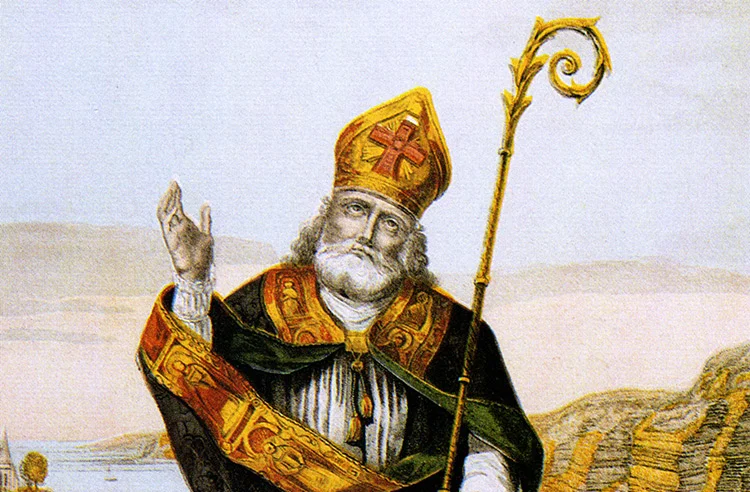
To Save a Civilization, Part 2: The Road to Rebuilding
In my previous article, I reflected on the nature of civilizations: how they emerge, what they are built upon, and why they fall. I specifically examined the story of the fall of the Roman Empire. While it is difficult for historians to identify a single point in time when the decline began, various cultural, moral,…
